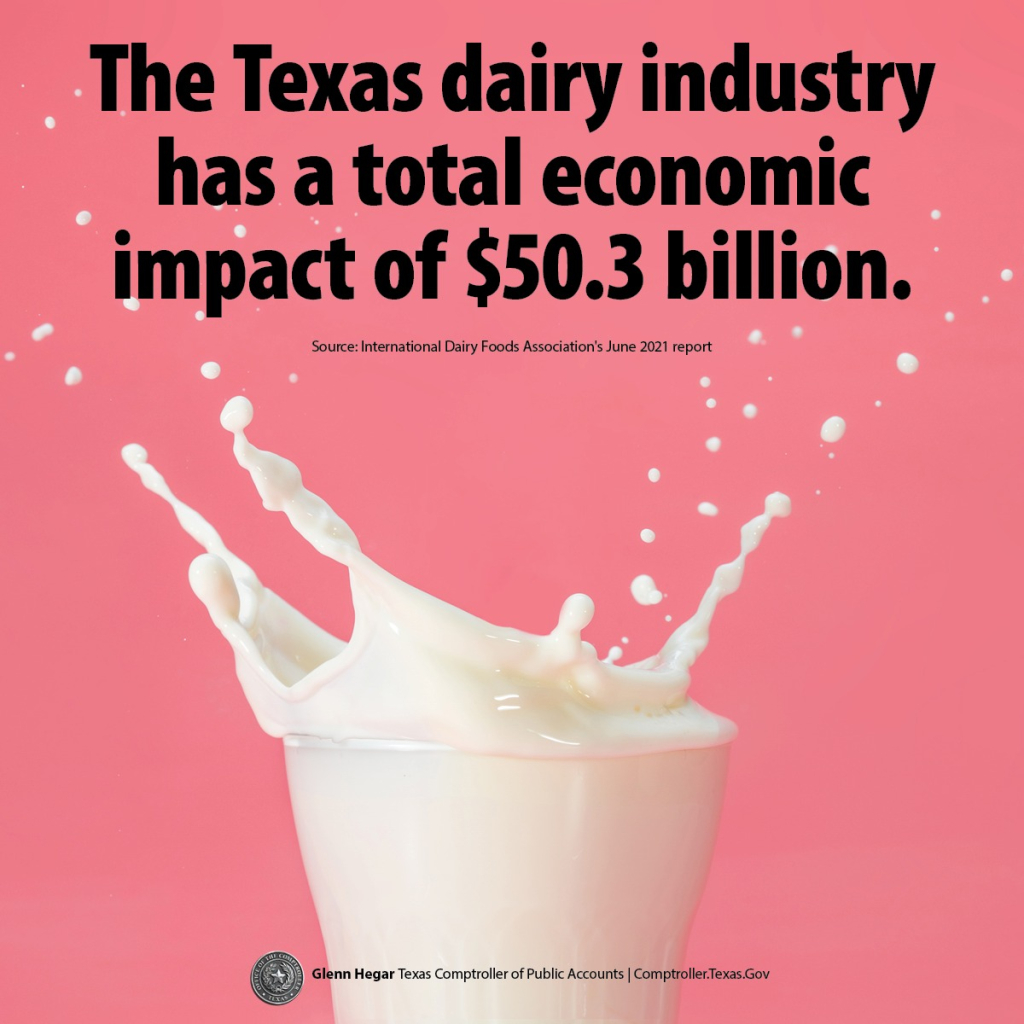
TEXAS A&M UNIVERSITY – (WBAP/KLIF) – As “Bird Flu”, or the H5N1 “Avian Flu” virus spreads into species not known for susceptibility to the virus, and increasingly infects dairy cattle nationwide, and, at least one recent human victim; a Texas Panhandle resident, scientists continue to study how the virus is spreading. The first thing scientists want the public to know is the food chain appears safe. They say the pasteurization of milk kills the virus, and an order to destroy milk that came from a potentially infected herd was destroyed because of laws deeming destruction, not because it will make you and yours ill.
Scientists are concerned about the new spread of the H5N1 “bird flu” virus between species not seen before, or rarely so. A Texas Panhandle resident who developed “pink eye” was determined to be suffering from a symptom of bird flu acquired through work on a dairy farm, but the other rare humans infected by this virus before complained only of fatigue. Recently, a 21-year old Vietnamese man died from this Avian Flu virus.
It is this species to species spread – bird to humans extremely rare, and birds to cattle, very rare, that scientists are most intrigued with. It’s believed a possible spread is coming from migrating birds, who leave droppings that may be infected with the virus, or, simply shedding the virus as they travel. It’s believed the Panhandle patient worked with cattle on a farm that was positive for Avian Flu, although cattle-specific scientists and state agriculture officials are keeping quiet with most associated information. It is stated this human patient is being treated with Tamiflu; a common drug beleived to help ease flu symptoms in humans.
The virus can be deadly, although Dr. Michael Kleinhenz of Texas A&M University says cattle appear to be recover about two weeks after infection. He says the first sign of Avian Flu infection in cattle is a vast decrease in production of milk, and obvious signs from the infected cow it is ill. Milk production is cut from about ten gallons per day to one, until the virus and symptoms of illness clear, and clear on their own, without medication, he says.
The biggest concern to specialists right now is ensuring swine, or pigs, do not get this virus, because, as they are more similar to humans than other vulnerable species, and able to mix influenza viruses, the threat of movement to humans is more noteworthy. The Centers for Disease Control and Prevention, or CDC, indicates it has a small stockpile of vaccines for human protection against Avian Flu if the virus begins spreading between humans. Until then, Tamiflu, as well as other antiviral drugs, are considered the first line of defense for the rare infected human patient.
(Copyright, All Rights Reserved, WBAP/KLIF 2024)




